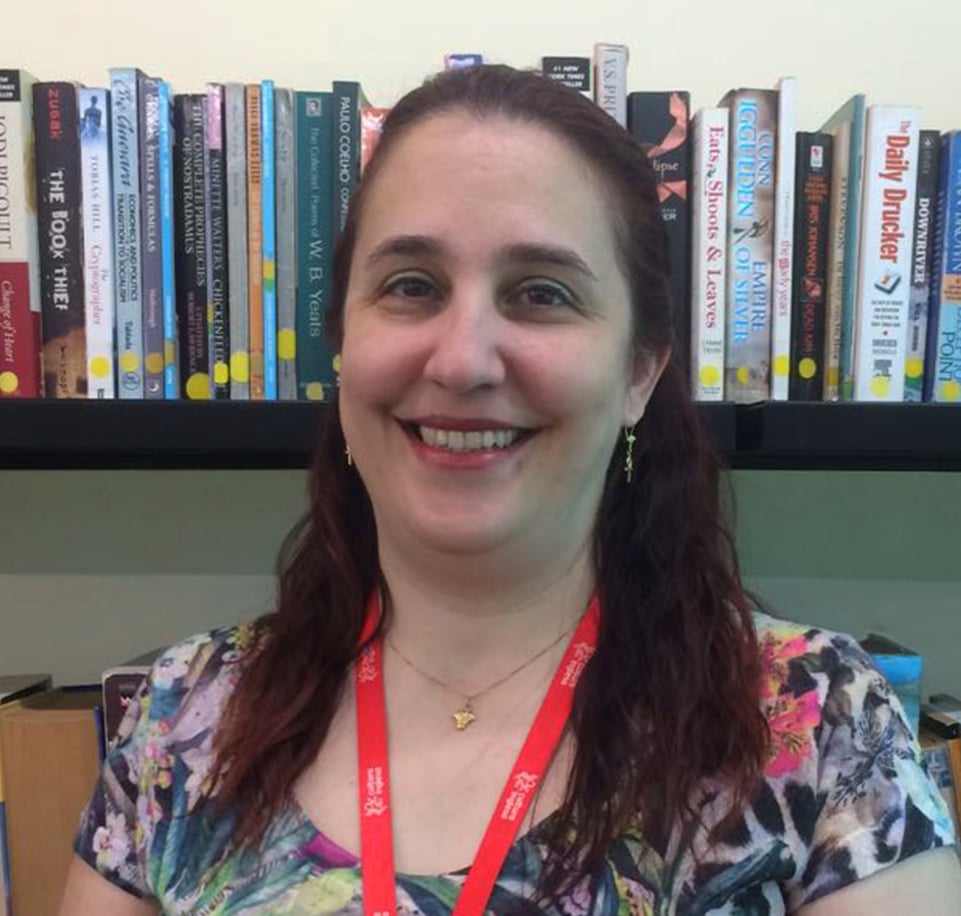“Dress for the job you want”: rethinking attitude at work
How many times have you said or heard the phrase “when I get the job/ promotion, I will…”? It is usually because in a different position one may have more time, money or opportunities. Depending on what we complete the sentence with it might make sense and reflect necessary conditions for a different action. However, our attitude depends very little on the kind of job or position we have and a lot on our own beliefs and mindset.
To discuss teacher attitude, the definition used is Freeman’s (1989: 32): ‘the stance one adopts toward oneself, the activity of teaching, and the learners one engages in the teaching/ learning process’. Teachers’ beliefs and actions about/ towards teaching, their learners and themselves may affect not only the learning outcomes, but also the teachers’ professional development and professionalism (Leung, 2009). For instance, those who believe they know enough to teach and should use their time off work exclusively for entertainment may be very successful in what they do. However, they are probably going to miss out on important educational developments that could take their practice to a higher level of quality if they were willing to do things differently. Also, teachers who think their learners are not capable of achieving greater results than those planned may miss opportunities of either helping them reach higher or witnessing their growth (despite the lack of support from educators).
From a different perspective, Holmes (2005) emphasises how important it is for teachers, who so willingly dedicate time to developing others, to focus on a healthy work-personal life balance to boost their confidence and the quality of their work. Teachers need to feel confident about their skills at the same time they show empathy to understand other people’s situations and needs. These two attitudes would complement each other to reveal a teacher who is caring and professional. Teachers who are confident and care about their learners enough to understand their needs and find ways to better help them would play an important role in building learners’ self-esteem. Thus, a teacher’s attitude towards themselves and their learners may positively impact education and learning outcomes, maximising learning opportunities during and beyond lessons.
At the same time, the teachers’ confidence and progress may be affected by the attitudes of their managers, trainers, supervisors, a level up on seniority and responsibility (Wright, 2009). Nevertheless, this is about the teachers’ attitudes and professionalism and their accountability for their behaviour. Just like learners may reach further than what teachers believe they can or propose they go for, teachers can take responsibility for their own set of behaviours and wear the best attitudes they can when they go to work. Taking responsibility and being accountable for our own attitudes and actions may not define what happens to us or what opportunities are offered, but it definitely helps us build who we are and the kind of professional we choose to become.
We are aware of the fact that our confidence in what we do and study, to start each day with a smile, prepared to do the best we can in the career we chose may impact the learners we teach and boost their own motivation and self-esteem. If it doesn’t immediately work for all our learners, it surely contributes to some and definitely to our own growth – as role models for our learners’ development. What our superiors or our learners do may affect how we sometimes feel, but it should not prevent us from choosing how we want to look and behave, and how we can improve our attitudes towards ourselves, our careers, our colleagues and our learners.
In that sense, being a teacher may be a challenge, especially considering teacher attitudes include studying in our free time, working with multiple diverse groups – learners, parents, colleagues -, dealing with frustrations and mistakes on a daily basis, focusing a lot of our energy on helping others even if it means working overtime or doing tasks that are not necessarily part of our job descriptions… As I tend to say, if it were easy, anyone could be a teacher. Fortunately it is only for those brave, special people who feel they can change the world, little by little.
So, put on your best smile, look people in the eye with all your confidence, prepare each teaching day with what you know and what you are learning, and wear all the attitudes that show others we proudly chose to be educators. Perhaps the attitudes we choose now are going to affect how other people look at us and we are all going to be “appropriately dressed” for the respect we fight for.
Freeman, D. (1989). “Teacher Training, Development, and Decision Making: A Model of Teaching and Related Strategies for Language Teacher Education”. TESOL Quarterly, Vol. 23, No. 1, March 1989. TESOL Press.
Holmes, E. (2005). Teacher Well-Being: Looking After Yourself and Your Career in the Classroom. New York: Routlege.
Leung, C. (2009) “Second Language Teacher Professionalism”. In Burns, A. and Richards, J. C. The Cambridge Guide to Second Language Teacher Education. Cambridge: Cambridge University Press.
Wright, T. (2009) “‘Trainer Development’: Professional Development for Language Teacher Educators”. In Burns, A. and Richards, J. C. The Cambridge Guide to Second Language Teacher Education. Cambridge: Cambridge University Press.




